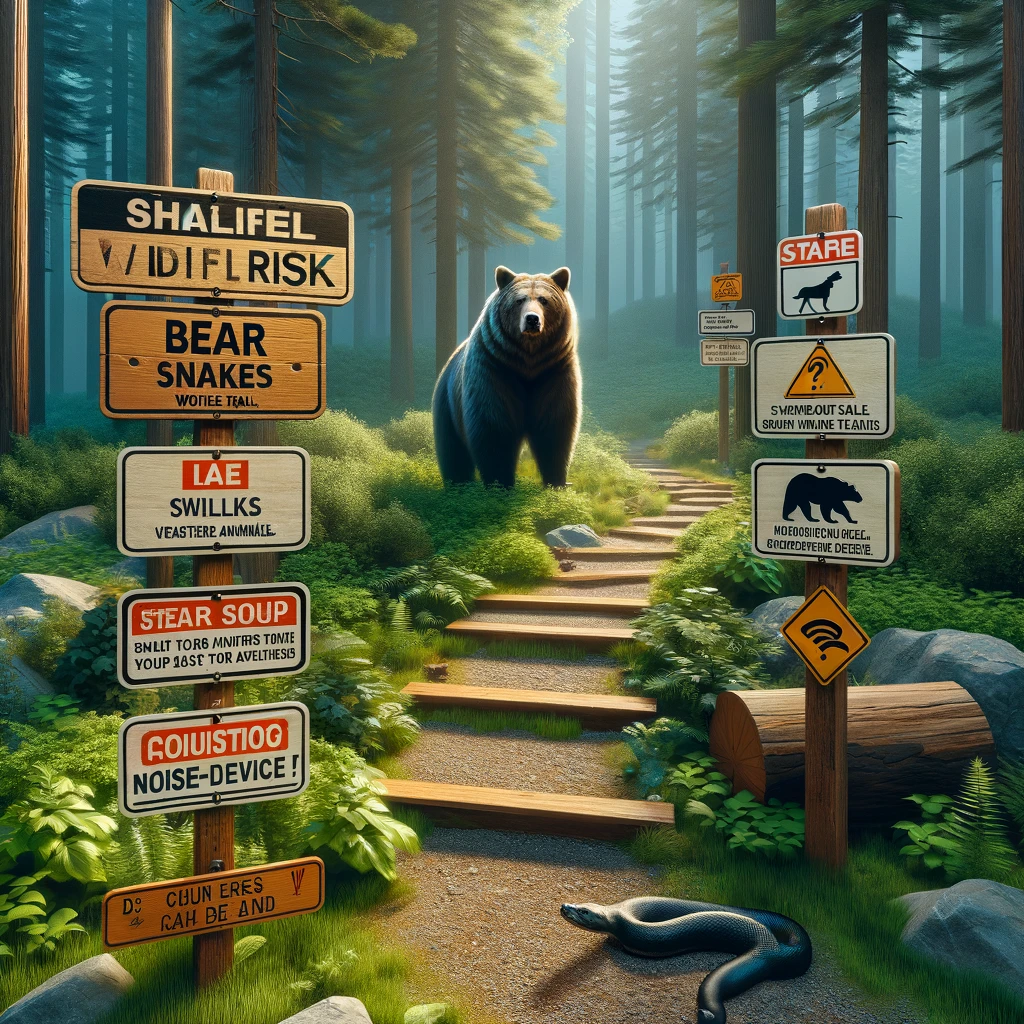The Dangers of Living in your Vehicle in 2024
Living the carefree nomadic van life can seem like a dream for many but unfortunately living out of your vehicle is not always a choice for some people and can come with some inherent risks.
But don’t stress too much! Knowing what risks you can encounter along with how to prepare for them will help ensure you are living as safely as possible.
Why is it dangerous to sleep in a car?
Life in your vehicle can find you in a greater risk of danger with vehicle break ins, exposure to elements, becoming stranded and more. Below are just some of the dangers you can encounter whilst living in your vehicle.
Theft & petty crime
When living full time out of your vehicle, most likely a majority of your personal belongings would be kept inside. Having these valuables on display can be an attractant to criminals and increase the risk of your vehicle being broken into.
With a year on year upwards trend in vehicle crimes, with over 800,000 vehicles stolen in the USA in 2020 alone (Source: Department of Justice), making sure your vehicle isn’t a target is crucial.
Having your set-up as discreet as possible is important for deterring theft with the ‘out of sight, out of mind’ technique. Making your vehicle look like no one is living inside from the exterior is the best way to do so.
Techniques include hiding valuables in containers, tinting windows and installing window covers. For more information on window privacy make sure to check out our article on window privacy options.
Basics are to always lock your vehicle even if you are just going away for a minute to deter opportunistic criminals. Having a solid vehicle or RV insurance is a great way to protect yourself in a worse case scenario to help you back on your feet quickly.
Vehicle Fires
Although it is unlikely to have a vehicle fire, being in the confined space of your vehicle with flammable items can be a quick equation for disaster.
If you are using and storing gas burners or heaters, these can become a significant risk of vehicle fires if stored or used incorrectly. Having an airtight container or external storage for gas/ propane bottles is best along with an explosive gas and carbon monoxide alarm for safe measure.
Another common source of vehicle fires includes faulty electrical wiring, so if you are choosing to do a DIY electrical job, ensure that it is checked over by a professional to ensure everything has been done correctly.
To stay as safe as possible, having a fire escape/ early detection plan is crucial. Similar to that of a house or apartment fire, an emergency fire kit can also help buy you time as you get out or stop the fire in its tracks.
Sickness or Injury
Just like any other living situation, catching a cold or flu or coming down with an illness is always a risk. When living in your vehicle becoming sick can provide a difficult challenge from the lack of comforting amenities like a warm shower to soothe symptoms.
Having an emergency first aid kit stored away in your vehicle is a great way to mitigate risk. Ensure to include the basics like painkillers, bandages and antiseptics for unexpected injuries along with cold & flu reliefs.
If you do happen to become sick or injured, contacting a family member or friend to let them know is important. This allows them to check in regularly and provide support where possible.
Isolated or Lost
If you are looking to live the solo nomadic vehicle lifestyle, getting stranded by yourself can become a safety issue. Common reasons for isolation include, bad weather/ snow, flat tyres, running out of fuel or a flat battery.
Planning ahead of time is crucial, mapping out where you plan to go along with ensuring you have adequate supplies is extremely important. A jerry can of extra fuel, at least 3 days of emergency food, spare tyres, print maps of unfamiliar areas and a portable vehicle jump starter are great additions to keep you out of trouble.
Getting lost in unfamiliar areas without cell coverage can be daunting, this is typically a risk for rural areas or national parks where there is little human interaction. Letting a family member or friend know where you plan to go in advance and for how long is the best bet. This allows them to give a search team the best information possible on your whereabouts if you happen to get lost.
Wildlife
From bears to snakes and spiders, living on the road can see greater exposure to dangerous animals. The risk of dangerous wildlife can vary depending on where you are living or visiting.
One of the most common animal attractants is the incorrect storage of food or rubbish. Storing food correctly is one of the best ways to deter unwanted wildlife such as bears or racoons. Make sure to check out our guide to safely storing food in your car.
Make sure you are aware of your surroundings when choosing a parking spot for camping in your car. Most campsites or national parks will have signage on what animals are in the area and what to do when encountered.

Steps to stay safe Living in your vehicle:
Below are some additional considerations to take into place for the best practices for living safely in your car or van.
- Choose a safe parking spot for overnight stays; Truck stops are a great location for staying overnight as they are usually monitored 24/7 with activity. 24hr shop car parks & campgrounds are other great options or a well lit area if you are in a pinch.
- Take privacy into consideration; having your valuables hidden from sight is the best way to deter criminals.
- Avoid unnecessary moving locations at night; choosing a parking spot prior to nightfall is the safest, reduced movement at night decreases unwanted attention and the risk of accidents.
- Lock your vehicle at night and when unattended; the best way to deter opportunistic criminals is one of the simplest, lock your vehicle!
- Always be prepared to move in a hurry; If an emergency arises, ensuring you can quickly pack up and go is essential. This is particularly important for urban campers for when that knock on the window happens in the middle of the night.
- Have an emergency kit & plan; from first aid kits to emergency food and self protection tools. Being prepared for when an emergency arises is crucial!
FAQ’s
Is living on the road Dangerous?
Yes, living on the road can put you in dangerous situations. However, knowing the risks and adequately preparing for them can ensure you are living as safely as possible out of your vehicle.
Author
-

Augustus, an intrepid traveler and RV enthusiast, has journeyed across North America, Europe, and Australia, turning his passion for adventure into a life's mission. His love for exploring began in his childhood, with local hikes and camping trips igniting a deep connection with nature. This connection now shines through in his popular travel blog, where he shares not just tips but personal stories, captivating a community of fellow wanderers. His travels are further enriched by his partnership with Zaara, his wife and travel companion, together exploring remote landscapes and diverse cultures. Augustus is also a skilled photographer, capturing the beauty of nature and the essence of his nomadic lifestyle in each shot. His life story is a mosaic of breathtaking experiences, a testament to the beauty of following one’s passions and embracing the unknown, inspiring others to explore the world with the same fervor.
View all posts

